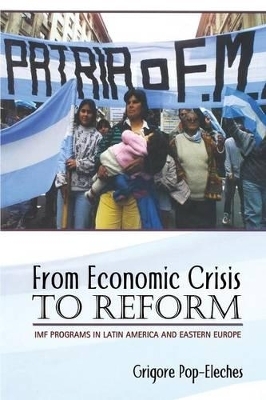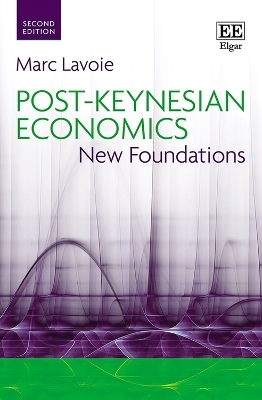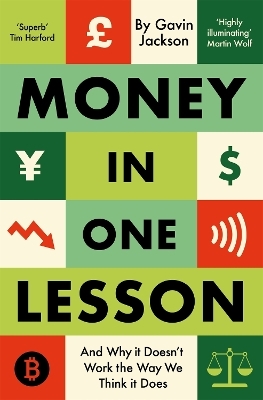
From Economic Crisis to Reform
Princeton University Press (Verlag)
978-0-691-13952-4 (ISBN)
The wave of neoliberal economic reforms in the developing world since the 1980s has been regarded as the result of both severe economic crises and policy pressures from global financial institutions such as the International Monetary Fund (IMF). Using comparative evidence from the initiation and implementation of IMF programs in Latin America and Eastern Europe, From Economic Crisis to Reform shows that economic crises do not necessarily persuade governments to adopt IMF-style economic policies. Instead, ideology, interests, and institutions, at both the international and domestic levels, mediate responses to such crises. Grigore Pop-Eleches explains that the IMF's response to economic crises reflects the changing priorities of large IMF member countries. He argues that the IMF gives greater attention and favorable treatment to economic crises when they occur in economically or politically important countries. The book also shows how during the neoliberal consensus of the 1990s, economic crises triggered IMF-style reforms from governments across the ideological spectrum and how these reforms were broadly compatible with democratic politics.
By contrast, during the Latin American debt crisis, the contentious politics of IMF programs reflected the ideological rivalries of the Cold War. Economic crises triggered ideologically divergent domestic policy responses and democracy was often at odds with economic adjustment. The author demonstrates that an economic crisis triggers neoliberal economic reforms only when the government and the IMF agree about the roots and severity of the crisis.
Grigore Pop-Eleches is assistant professor of politics and international affairs in the Woodrow Wilson School and the Department of Politics at Princeton University.
List of Illustrations and Tables ix List of Abbreviations xiii Preface xv Chapter 1: Introduction 1 Chapter 2: A Theoretical Approach to IMF Program 27 Initiation and Implementation Appendix to Chapter 2--Statistical Indicators and Methods 53 Chapter 3: Changing Crisis "Recipes": The International Drivers of IMF Programs 66 Chapter 4: Navigating External Crises: Case Study Evidence 105 Chapter 5: Domestic Political Responses to Economic Crises 135 Chapter 6: Domestic Crisis Politics: Case Study Evidence 174 Chapter 7: The Great Reconciliation?--Latin America and the IMF in the 1990s 238 Chapter 8: Theoretical Conclusions and Policy Implications 284 Appendix--A Formal Model of IMF Program Initiation and Implementation 307 Bibliography 323 Index 335
| Erscheint lt. Verlag | 28.12.2008 |
|---|---|
| Zusatzinfo | 40 line illus. 11 tables. |
| Verlagsort | New Jersey |
| Sprache | englisch |
| Maße | 152 x 235 mm |
| Gewicht | 510 g |
| Themenwelt | Wirtschaft ► Volkswirtschaftslehre ► Finanzwissenschaft |
| ISBN-10 | 0-691-13952-0 / 0691139520 |
| ISBN-13 | 978-0-691-13952-4 / 9780691139524 |
| Zustand | Neuware |
| Haben Sie eine Frage zum Produkt? |
aus dem Bereich


